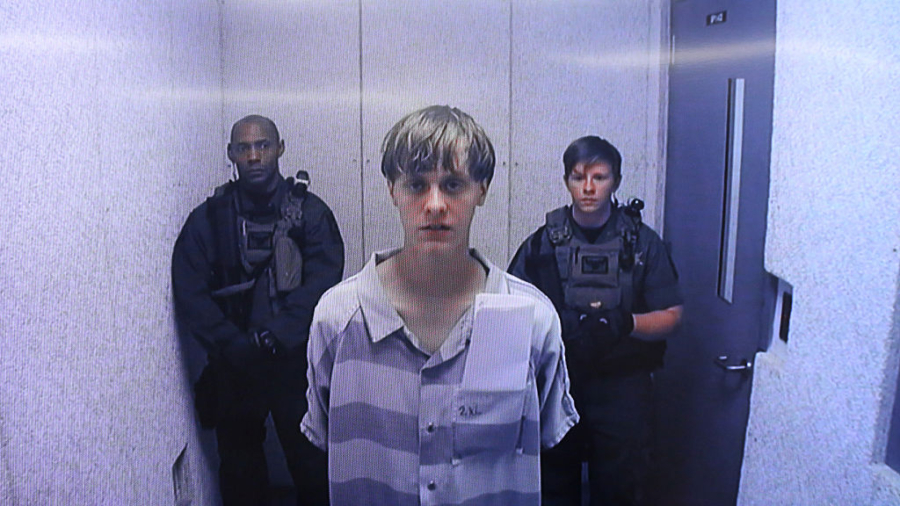Dylann Roof’s attorneys appealed the death-sentence citing their client’s incompetence to stand trial after a federal court sentenced him in 2017 for killing nine black congregants in South Carolina in 2015.
“When Dylann Roof represented himself at his capital trial, he was a 22-year-old, ninth-grade dropout. Diagnosed with a schizophrenia-spectrum disorder, autism, anxiety, and depression, who believed his sentence didn’t matter because white nationalists would free him from prison after an impending race war,” a court filing of last Tuesday says, CNN reported.
Roof stood trial for federal murder and hate crimes charges because he assaulted a peaceful, unarmed congregation during bible-study in Charleston. He shot and killed nine innocent people at the Mother Emanuel AME Church in Charleston, South Carolina in 2015.
Roof committed a hate-crime, the federal court ruled in January 2017. He deliberately picked a traditionally African-American church and shot nine people when they were in prayer after he had joined their bible study for about forty minutes.

“Given no reason to do otherwise, jurors sentenced Roof to death,” the lawyers argued in their brief.
However, at the penalty phase of his federal trial, the court “clearly erred in finding Roof competent to stand trial and sentencing, and it violated his due process rights by holding inadequate competency hearings,” Roof’s attorney stated in the 321-page-motion, filed with the 4th US Circuit Court of Appeals.
At the time of his trial, Roof “jettisoned” his attorneys “to prevent evidence of his mental illness from coming to light,” the document says. Even though Roof attested, “there’s nothing wrong with me psychologically,” his attorneys maintain that “none (of them) had (ever before) represented a defendant so disconnected from reality,” Time reported.
They say that, given Roof’s mental condition at that time, their client should have never gone to trial in the first place. “Roof’s crime was tragic, but this Court can have no confidence in the jury’s verdict,” it said. Therefore, the filing said, “this Court should vacate Roof’s convictions and death sentence.”

His appellate lawyers also pointed out that initially, the case was to be taken by a state court, but then a federal court took over in a “rush to move the case along.” Consequently, state officials “viewed the federal prosecution as unnecessary and disruptive,” the filing said, according to the newspaper.
Roof would be the first to be executed on federal charges since 2003 and the first under the federal hate-crimes act since the Attorney general, William Barr, sought to reinstate the federal death penalty last year. The plan was thwarted, however, by the Supreme Court in December.
Meanwhile, Roof so far hadn’t shown any signs of remorse. “I still feel like I had to do it,” Roof said in his closing argument in 2017. “Anyone who hates anything in their mind has a good reason for it,” he added according to Time.

